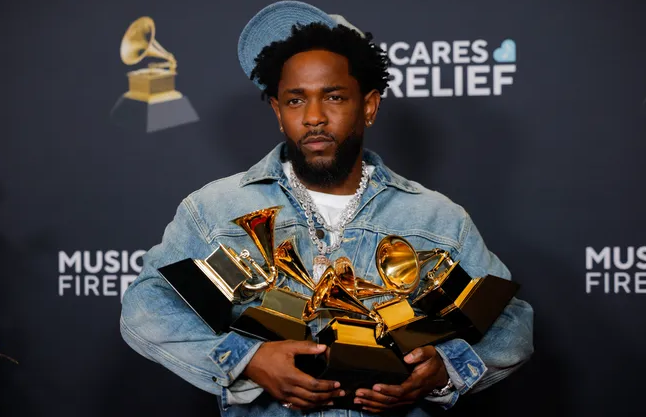In recent years, TikTok has been at the center of debates concerning national security, data privacy, and its influence on society. Despite discussions about banning the app, TikTok remains operational in the United States. This raises the question; Should TikTok still be banned, especially considering its ownership structure and the pros and cons associated with its use?
TikTok is owned by ByteDance, a company founded by Chinese entrepreneurs. According to ByteDance’s corporate filings, approximately 60% of the company is owned by global institutional investors, 20% by the company’s founders, and the remaining 20% by its employees, including nearly 7,000 Americans. Despite this diversified ownership, concerns persist about potential data sharing with the Chinese government, given China’s laws that can compel companies to provide access to user data. These concerns have led to discussions about banning the app or requiring its sale to a U.S. entity, according to the New York Times.
TikTok offers several advantages that have contributed to its widespread popularity. The platform allows users to create and share short videos, fostering creativity and providing entertainment to millions. According to TikTok’s official website, over one billion people worldwide use the platform monthly. TikTok has also enabled users to find like-minded communities, offering a sense of belonging and support. Many creators use TikTok to share educational videos on various topics, making learning accessible and engaging. In fact, according to an article by TechCrunch, educational content on TikTok has surged as more users turn to the platform for information on everything from history to science.
However, TikTok is not without its drawbacks. Concerns about how TikTok collects and uses user data have been prominent, with fears that personal information could be accessed by unauthorized parties. According to a 2022 report by Forbes, the app collects extensive data from users, including location, browsing habits, and device information. Excessive use of the platform has been linked to issues such as anxiety, depression, and disrupted sleep patterns among young users. Studies reported by the American Psychological Association have shown a correlation between heavy social media use and increased mental health issues in adolescents. Despite content moderation efforts, users, particularly minors, may encounter harmful or inappropriate material. A report from the Washington Post shows concerns about the exposure of minors to harmful challenges and explicit content on the app.
While TikTok’s ownership structure includes significant global and American investment, concerns about data privacy and national security remain valid. The platform offers numerous benefits, including fostering creativity and community, but also presents risks related to mental health and exposure to inappropriate content. A comprehensive evaluation of TikTok’s impact is essential to determine whether a ban is justified or if alternative measures, such as stricter data privacy regulations and enhanced content moderation, would be more appropriate. According to security experts, imposing stronger regulations on TikTok’s data collection practices could serve as a better solution than an outright ban.
















